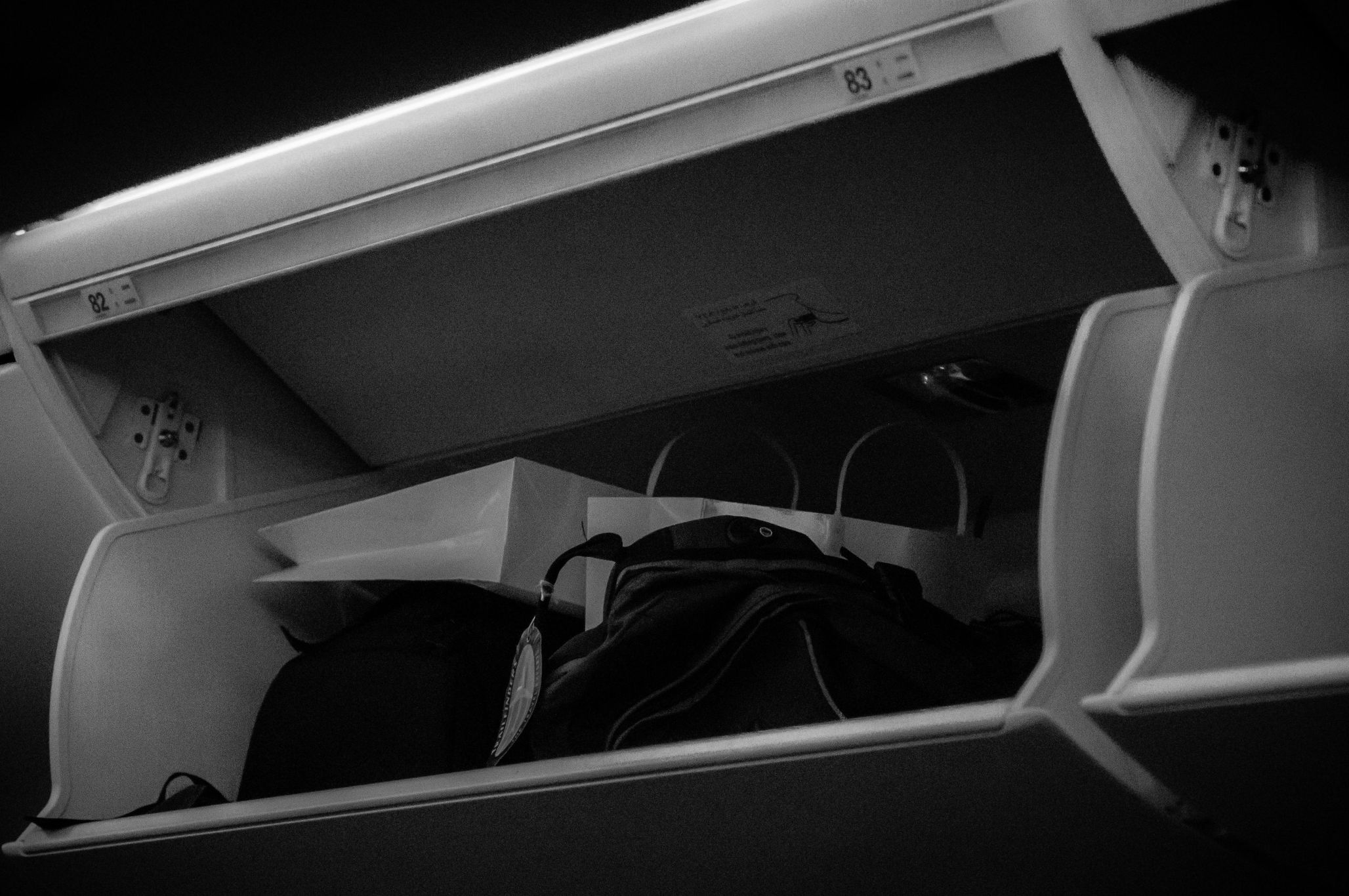Visa Stock Analysis: Is Visa a Strong Opportunity Ahead of Q4 Earnings?
$325.48
28 Jan 2026, 19:25

Pexels.com

Billions in extra charges from luggage and add-ons are reshaping air travel—and the bottom line
The Rise of Airline Baggage Fees: From Optional Extra to Industry Standard
The days of free checked luggage, seat selection, and in-flight meals are now mostly history. In today’s travel landscape, airline fees for checked and even hand luggage have become a core revenue stream, generating billions annually for the aviation sector.
From budget carriers like Ryanair to major names such as Air Canada and Southwest, charging passengers for baggage is now the norm. And while many travellers remain frustrated, airlines are seeing the financial rewards—returning to profitability thanks in large part to these ancillary charges.
Passengers Push Back: “It Feels Like a Trick”
Outside Toronto’s downtown airport, Boston traveller Lauren Alexander described being charged $200 (£148) to check a bag as “ridiculous”.
“You buy the ticket thinking it’s cheaper, but then get hit with surprise costs,” she said.
Like many others, she now travels with just a backpack or compact carry-on to dodge fees. The trend is reflected in booming sales of small suitcases designed to meet strict carry-on size limits.
A Budget Airline Innovation That Changed the Industry
The shift began in 2006 when UK budget airline Flybe became the first known carrier to charge for checked baggage—just £2 when pre-booked. Within two years, American Airlines followed with $15 fees for domestic checked bags.
As budget airlines gained ground, traditional flag carriers were forced to adopt similar pricing structures to remain competitive. Jay Sorensen, from aviation consultancy IdeaWorks, notes:
“Legacy airlines couldn’t ignore the revenue low-cost carriers were generating. They had to adapt to survive.”
Billions in Baggage: The Numbers Behind the Strategy
According to US government data, American airlines made $7.27 billion from baggage fees in 2024—up from $7 billion in 2023 and $5.76 billion pre-pandemic in 2019.
Globally, total airline ancillary revenues—from luggage and seat selection to in-flight meals and Wi-Fi—are projected to hit $145 billion this year, accounting for 14% of total industry revenue, says the International Air Transport Association (IATA).
This revenue stream has been vital in helping airlines recover from pandemic losses, easing reliance on ticket sales alone and supporting operational costs and investment.
Luggage Innovation Fuels Carry-On Craze
As travellers seek to avoid fees, demand for compact luggage has soared. Antler’s managing director Kirsty Glenn says their new small-size suitcase, launched in April, has “sold like crazy”.
At the same time, social media influencers like travel expert Chelsea Dickenson are creating viral content around packing hacks and bag size checks. Her luggage tips have become a core part of her platform, with some videos outperforming her full travel guides.
Hand Luggage Charges Spark Legal and Political Backlash
A growing number of airlines—including Ryanair, EasyJet, Wizz Air, and Vueling—now charge for larger carry-on bags, with only small under-seat items allowed for free.
This has sparked complaints from consumer groups like BEUC, which cite a 2014 EU Court ruling that hand luggage meeting size and security rules should not incur a charge. However, the definition of “reasonable size” remains unclear.
In the US, politicians are also taking notice, with some branding these as “junk fees” and urging federal regulators to intervene.
Not All Airlines Follow Suit
Some airlines, like India’s IndiGo, are bucking the trend. CEO Pieter Elbers explains:
“We don’t charge for check-in luggage because it slows down operations. Our model focuses on efficiency and fast turnaround, not hidden fees.”
Final Thoughts: Love Them or Hate Them, Baggage Fees Are Big Business
While passengers may resent the growing list of airline fees, there's no denying their impact. These charges have become a lifeline for airlines, playing a crucial role in helping the sector recover and thrive after years of financial strain.
As long as demand for low fares remains high, expect airline baggage fees to stay firmly in place—and passengers to keep adjusting how they pack.
Sources: (BBC.co.uk, ChatGPT)